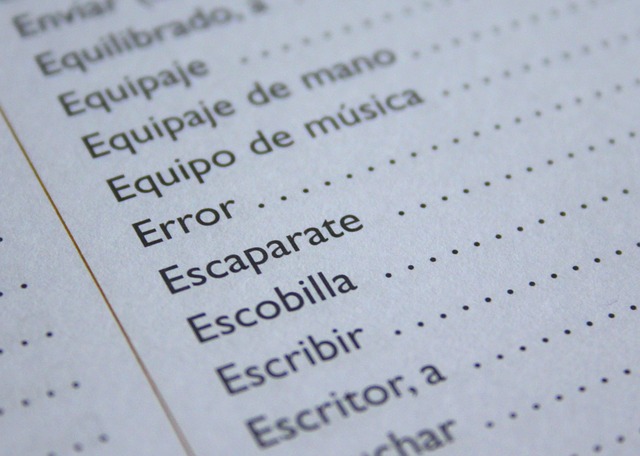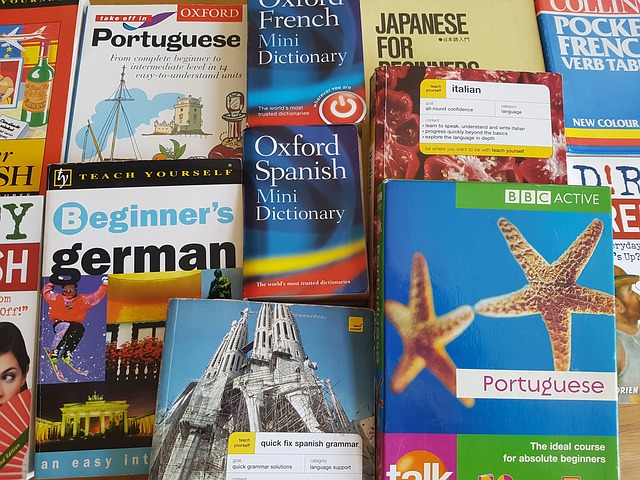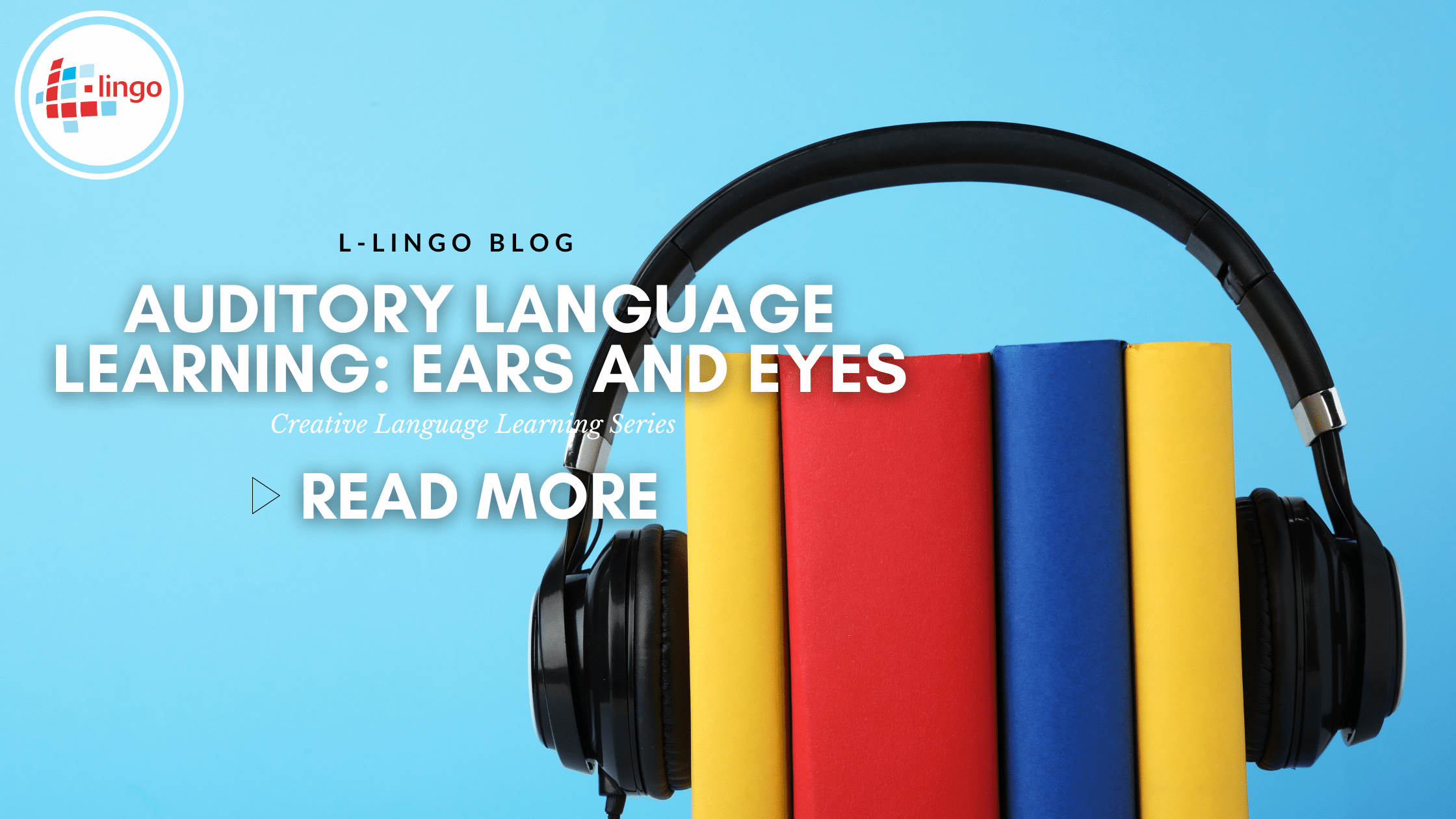Some time ago, I asked my cousins if they knew what an encyclopedia was (they’re nine, by the way), and they stared at me like I had said some kind of foreign word. I couldn’t blame them as I almost had forgotten the word myself. I dare anyone of you to walk into somebody’s house and ask to use any of the following:
- An Encyclopedia
- A Thesaurus
- A Print Dictionary
What are your chances of getting access to any of them? The process of finding information has sped up dramatically in recent years. Turning to the method of flipping through hundreds of pages can even seem like physical labor to some people!
Thankfully we’ve evolved to more efficient means of searching for information like… oh, I don’t know – THE INTERNET? Not to mention we have our phones, and I don’t know about you all, but Siri and the five Japanese dictionaries on my iPhone have been doing a fantastic job searching for words.

Pros Of Using A Print Dictionary
Physically Hold Knowledge
Imagine if you could weigh the amount of knowledge you could learn. How much would it weigh? 5, 10, 15 pounds? Regardless of the number, it’s an awe-inspiring thought. The concept of weighing your knowledge in language learning as a physical quantity is quite unique, and it really is motivational if thought about for long enough.
Tantalize Your Senses
Not all dictionaries are loaded with black and white words. Some actually have fun, creative visuals that assist in learning the information presented. Learning a language in context is one of the best methods you can use to make it stick, so having illustrations thrown in between words can hold your interest, stimulate your senses and overall give you a better learning experience.
Fewer Distractions
Compared to online dictionaries that can be littered with hundreds of video ads, spam, and promotions, a plain paper dictionary has a more streamlined design. You’ll be sure not to venture off into a random youtube video or click on a video game advertisement. Paper, that’s all you have in front of you, and quite frankly that’s all you need, PAPER.
Easy Access To Knowledge
While approximately 3 billion people have access to the internet, that doesn’t mean that they’ll ALWAYS have access to the internet. Paper dictionaries come in handy here because you don’t need to find the nearest Starbucks Wi-Fi to search for words. You’ll always have the power and control to find the information you need with a print dictionary – so long as you carry it with you.

Cons Of Using Print Dictionaries
This article isn’t titled “R.I.P Paper Dictionary” for no reason. There are quite a number of concerning cons that make use of paper inefficient.
Slower Access To Information
The first con is as clear as day, it’s slow. Using a print dictionary to look up any kind of information is slow. Even though the dictionary is categorized neatly, it can take a while to sift through all that information to find exactly what you’re looking for – as there are no wires or high-powered software to get you there faster.
Bulky Design
Print dictionaries can be bulky, but some are smaller and take up less space. Nonetheless, they still take up more space than, oh… I don’t know YOUR PHONE. Carrying it around can be more of a burden than a blessing at times.
Harder To Bookmark Information
Let’s say you find a word or piece of information you deem really important. What do you do then? You can cut up pieces of colored paper and cram them between the pages, hoping they don’t fly out or get misplaced. There is also the option of taking a bold sharpie marker and risk eventually defacing your entire dictionary). Either way, bookmarking will be more of a pain than a pleasure.
Expensive In The Long Run
Print dictionaries can be relatively expensive, but the price isn’t necessarily the problem here. Suppose you buy a $20 dictionary, and then next month, some group of scholars decides they want to add 1,000 more words to the language. That will cost you another $20 or probably even more since it’s new! I don’t know about you all, but I’d just update the app on my phone and move on with my life.
No Audio To Practice Words
Usually, I wouldn’t be so critical about this one since integrating sound into something as dense as a dictionary isn’t easy. However, language learners prefer ( I know I certainly do!) to hear a word when it is first introduced to solidify the meaning. The only sound you’ll be hearing with a paper dictionary is the sound of precisely that, paper. Good luck trying to get a word’s phonetics out of that… you can also try guessing, but that never goes well.

Are Print Dictionaries Really Dead?
So who’s to say that the use of paper dictionaries isn’t entirely obsolete? Well, you can try the millions of people who still use them. But why is there such a fascination with something that seems so inefficient?
You’d be pretty surprised! Print dictionaries are still in widespread use for good reason! As language learners, we must remember that there is always more than one way of accessing information. We don’t always need to use an electronic dictionary to find information, as the standard paper dictionary can hold massive amounts of value.
However, they lack some of the 21st-century advancements we’ve managed to integrate into language learning. This may be why they take the backseat in the world of language learners, specifically.
Personally, if someone were to ask me to look up a word in my dictionary without specifying what kind of dictionary, I’m going to use my phone. The reason for that quick decision isn’t that I am biased towards electronic dictionaries, but instead that I prefer to be efficient. This isn’t to say that I don’t have my fair share of print dictionaries, but how often do I use them? Not enough.
Yes, Paper Dictionaries Are Dead
Yes, the answer is yes. As comprehensive and open-minded as I tried to be with this article, I’ve concluded that the paper dictionary is dead. Be honest with yourselves, when was the last time you saw somebody whip out a 1,000-page dictionary to find a word mid-conversation?
Okay, I’ll give you guys a solid here and say they aren’t “dead,” but they’re already 6 feet under in your nearest cemetery. And I only mention this point because they are still being produced in stores and kept on the shelves of high schools and other educational facilities.
So, by all means, use a print dictionary, but remember you might be cutting yourself short. Better yet, try using both print and electronic dictionaries and see which one you prefer. I’m sure you’ll eventually throw one away, and I’m even more confident it will be the one with the paper in it.

Worksheet
RIP Paper Dictionary Worksheet




